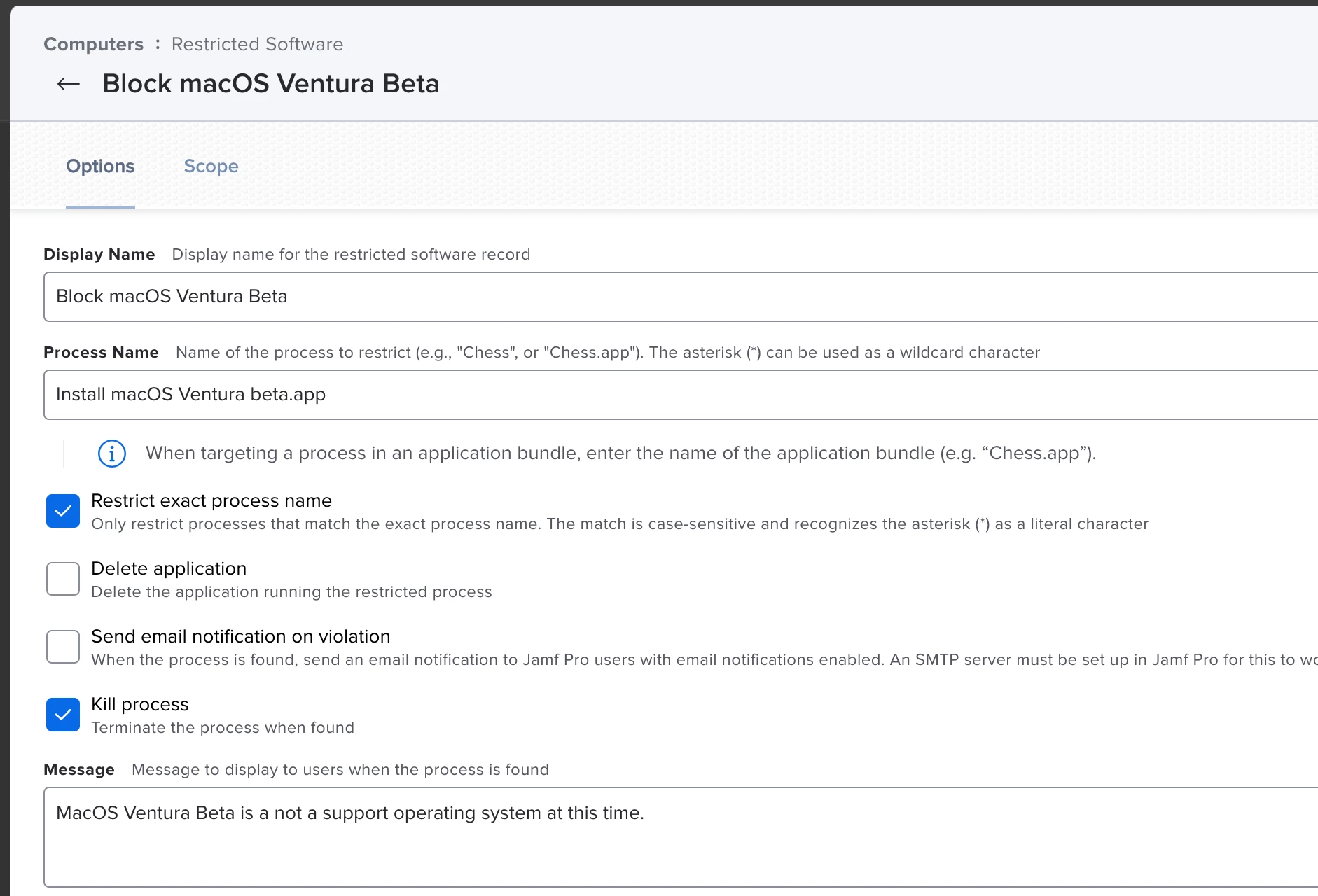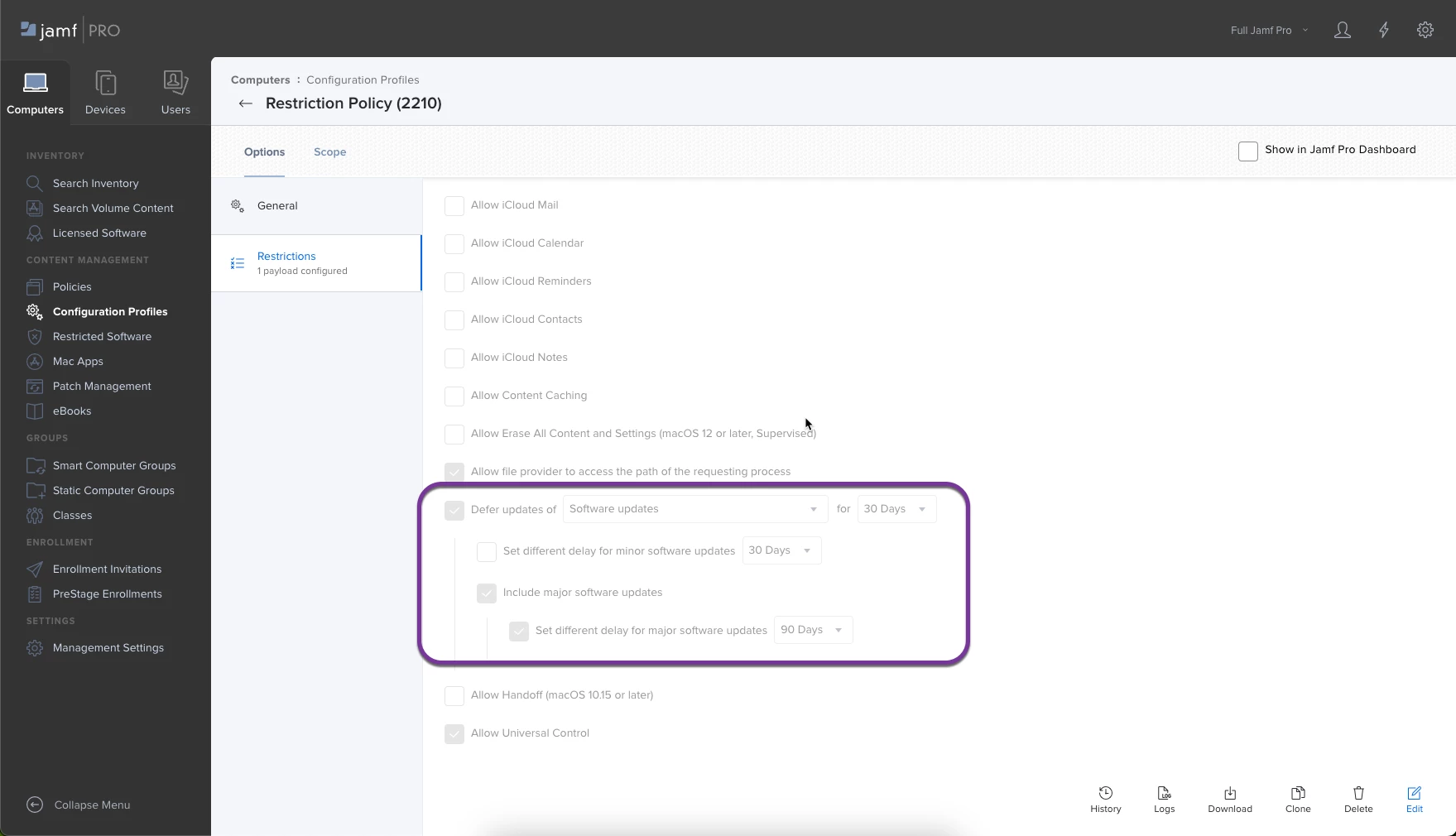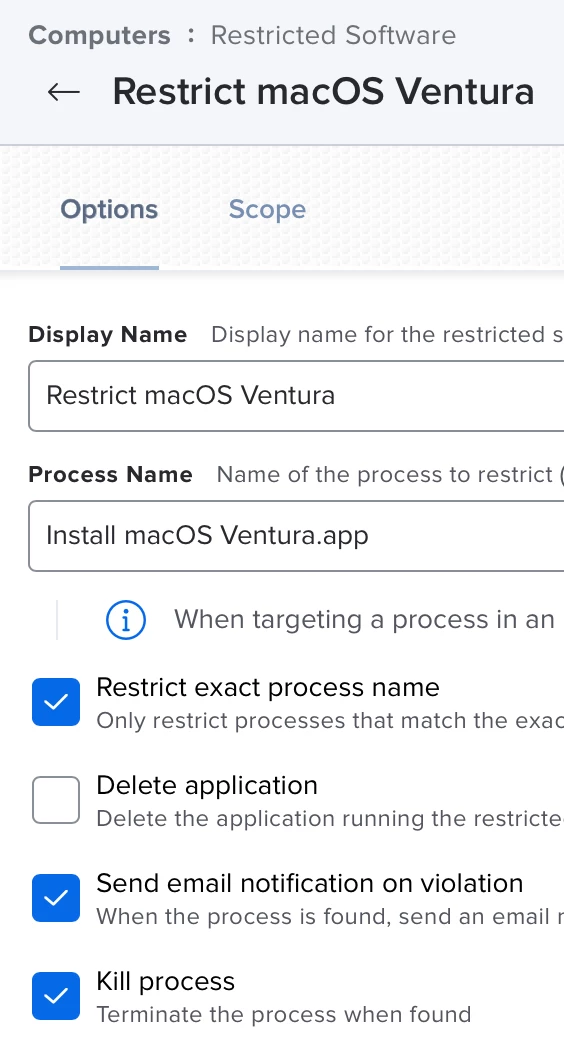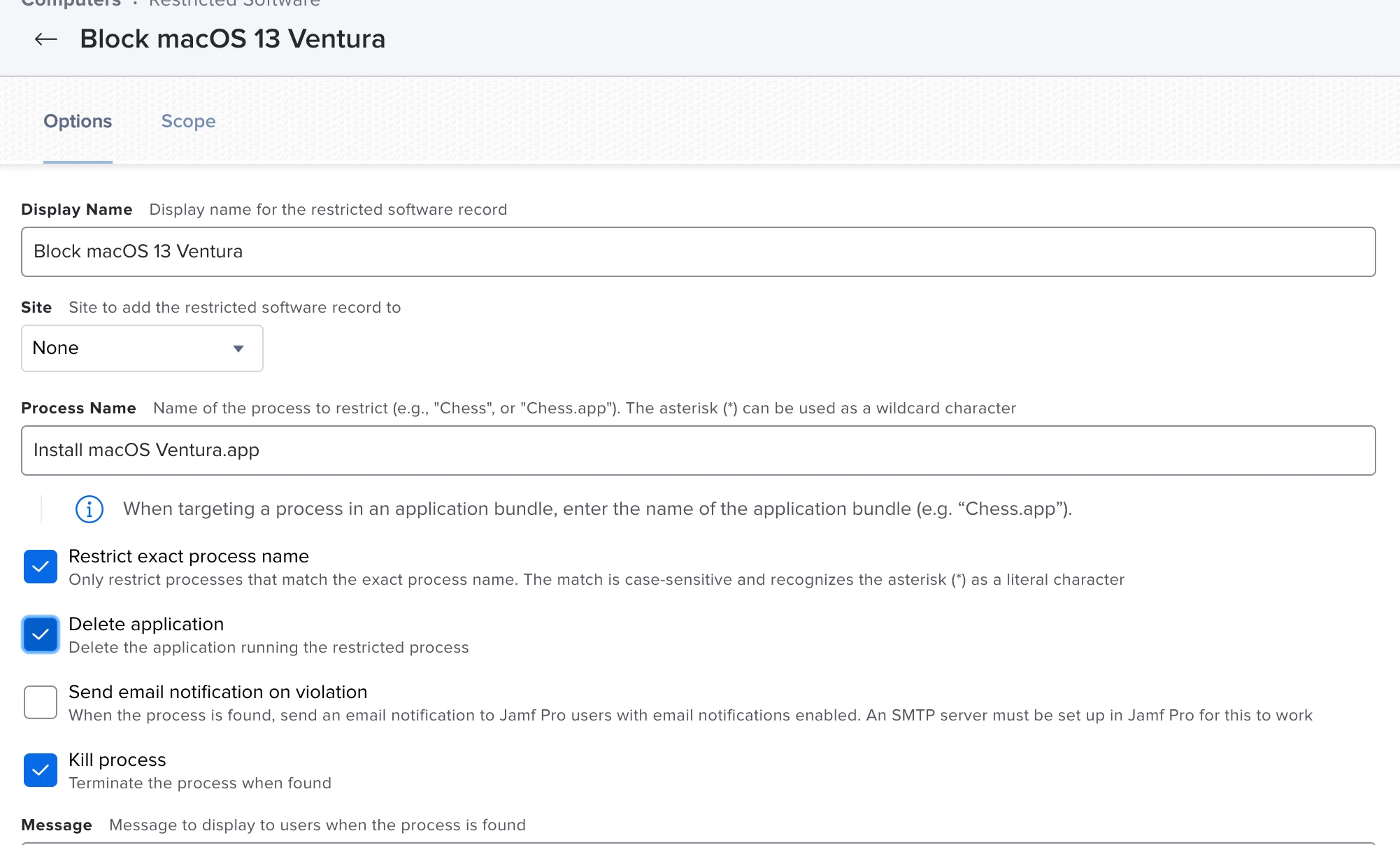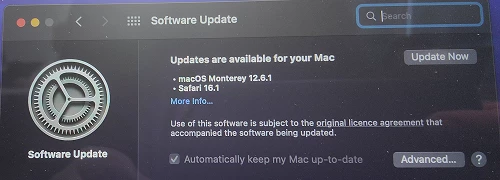Hi,
New admin looking for some advice. What is your typical stance on major upgrades such as Ventura? Do you guys have a normal workflow that blocks these updates for a certain amount of time or do you run with it on day 1? I am curious to see how other admins handle these updates.



